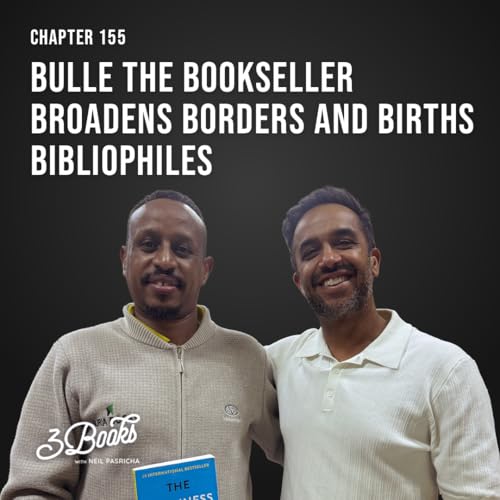This podcast is me reading a little book I put out earlier this year:
CANADA IS AWESOME
It's an audio book about all the weird, wonderful, beautiful things that make Canada ... Canada.
Did you ever notice Canadians speak in the collective?
"What do you think of the weather we're having?"
"Shall we grab a Timmy's before the meeting?"
"Think we have a shot at the playoffs?"
We, we, we.
We use the word we so much.
Why do we feel like such a collective?
I don't think it's complicated.
I think it's because we are one.
We all toss around half of everything we make into a big glass jar and use it to pay for everyone's health care, education, and services.
Sure, the system's never perfect, but if you shatter your ankle in an icy Canadian Tire parking lot, need a dozen years of free school for five kids in Kamloops, or want to drive on freshly snowplowed roads from Comox to Cornwall to Cape Spear, well ... we got you.
We got you.
We got everyone.
This is a different type of book than I've done before—in addition to this audiobook (totally free, right here) I also posted in its entirety on my blog (totally free) in HTML and PDF:
HTML: https://www.neil.blog/canada-is-awesome
PDF: https://www.neil.blog/s/NP_CIA_wCOVER.pdf
I also made a 78-page, bright red, self-published hardcover (with colour photos) and paperback (available on Prime, but black and white photos.)
HARDCOVER: https://a.co/d/8vjssD3
PAPERBACK: https://a.co/d/aCYDAh6
I made these books at cost so the price you see on your local Amazon page is the same as it costs me to make them.
This book was designed by a Canadian in Ottawa (Steve St. Pierre) and the audio and video edited by a Canadian in Toronto (Dave Boire), and even the T-shirt I'm wearing in the YouTube video was designed and manufactured by a Canadian in Toronto (Daniel Torjman), who was also a past guest on the pod:
https://www.3books.co/chapters/94
If you're Canadian I hope this holiday season this books help you feel pride in who we are.
If you're not Canadian, I hope this helps you see Canada a little clearer. Maybe it will inspire you to visit ... or to move here! (My hood is filling up with Americans like mad these days.)
Flip this on for your long road trip and let's let ourselves get inspired by what's possible when grit, determination, and kindness come together across culture and language.
Let's reflect on shared goals of spending time with loved ones, hitting best-in-world education rates, and, of course, kicking back by the lake with a Moosehead and a bowl of ketchup chips.
This is a piece of writing close to my heart and something I have been working on for over a decade.
I hope you like it.
And, if you do, share it with someone else.
Happy holidays, eh!
Neil
 2 時間 17 分
2 時間 17 分 1 時間 15 分
1 時間 15 分 1 時間 47 分
1 時間 47 分 1 時間 18 分
1 時間 18 分 41 分
41 分 2025/12/1259 分
2025/12/1259 分 1 時間 19 分
1 時間 19 分 1 時間 23 分
1 時間 23 分
